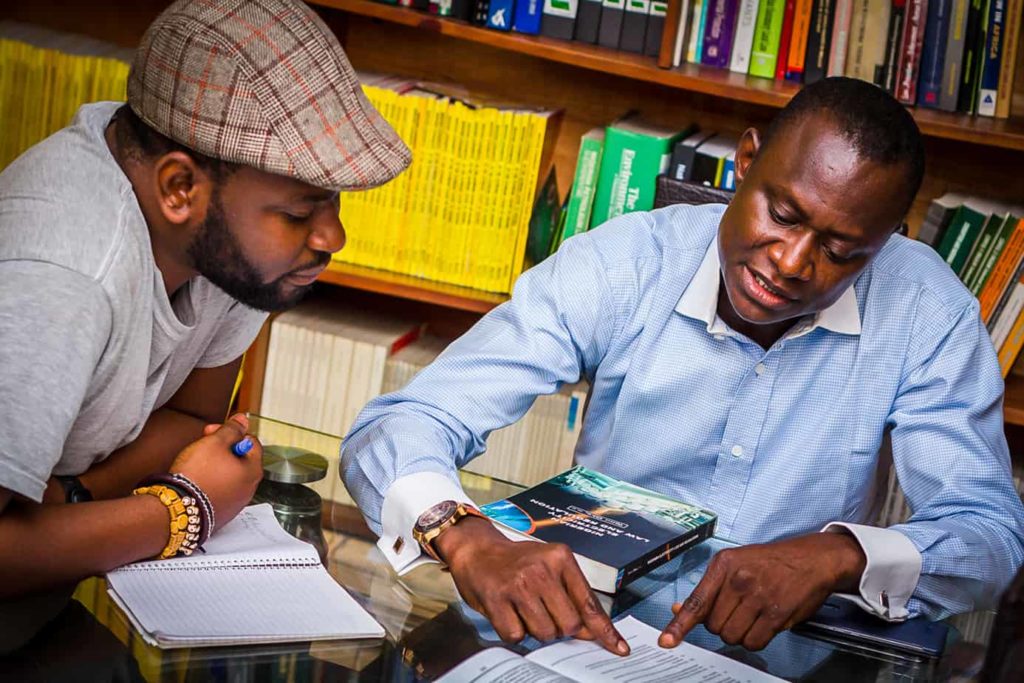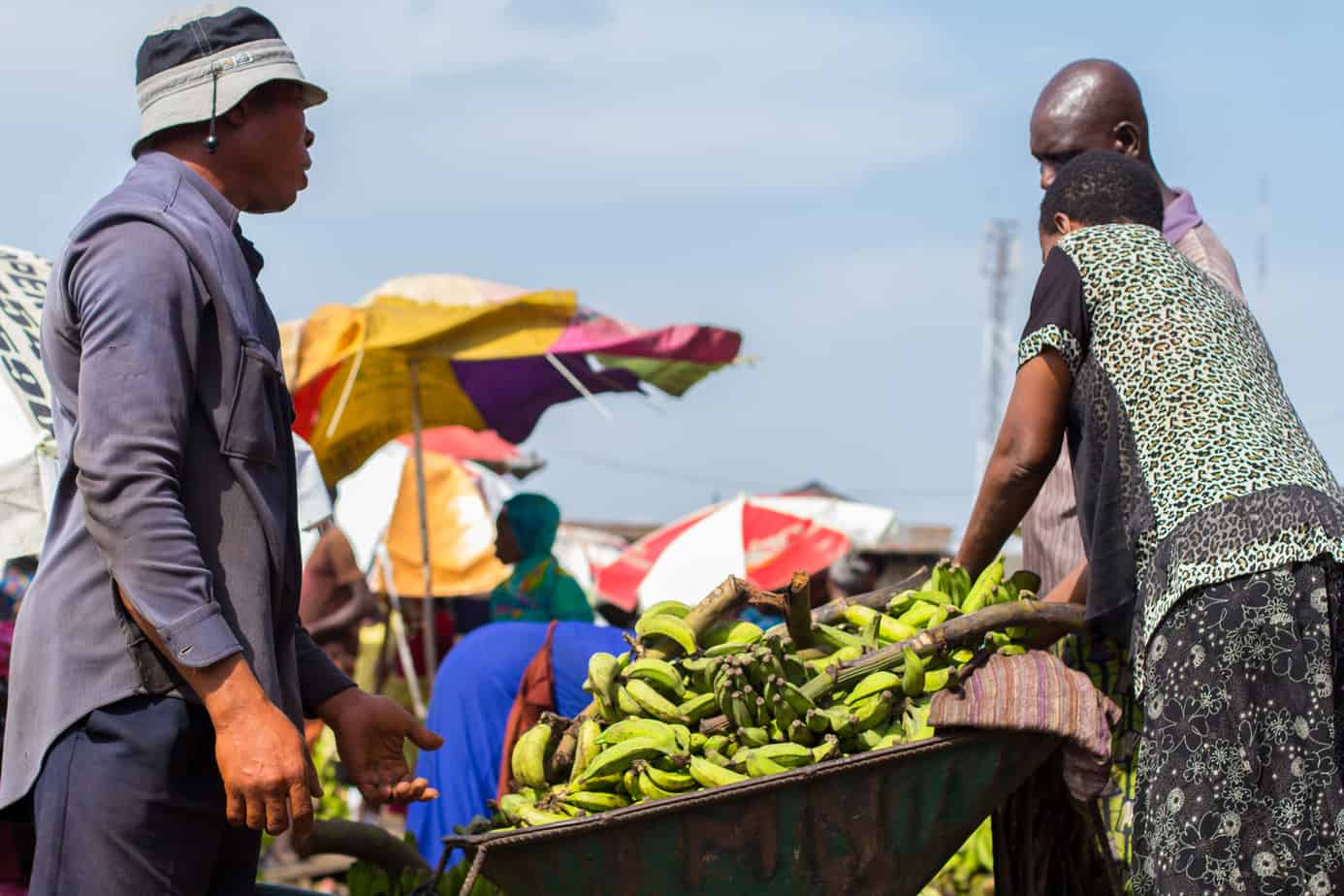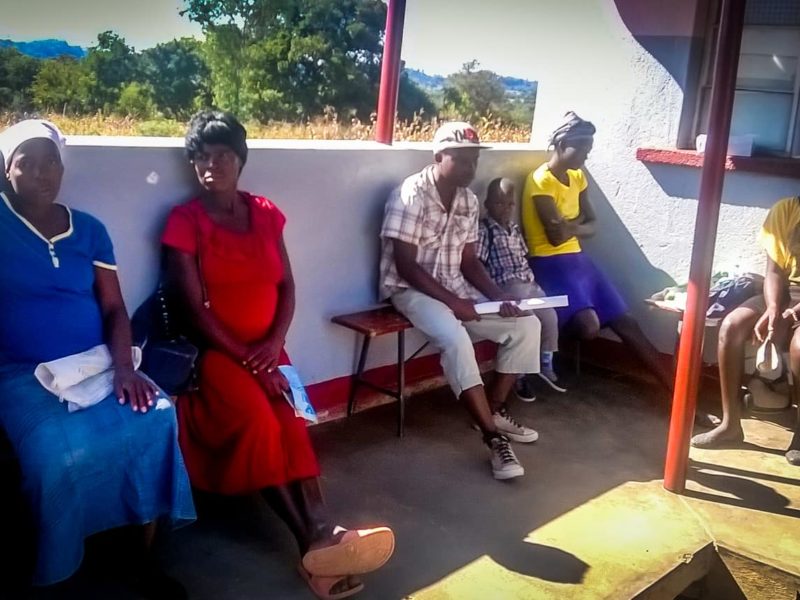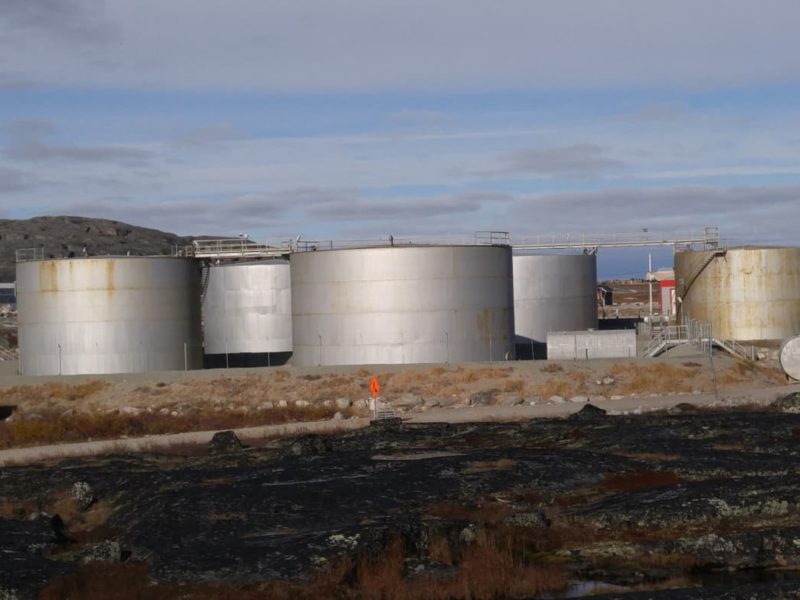
I live in Abuja, the capital of Nigeria, Africa’s largest democracy. Built in the 1980s, Abuja is one of the fastest-growing cities in Africa in terms of population and infrastructure, but power outages here are a big problem. Despite efforts such as spending a whopping N2.7 trillion on the power sector between 1999 and 2015 to improve the situation, it seems there has been no marked or appreciable difference in energy access.
So, when Discourse Media reached out to me and asked for the best way for us to discuss my application to the Access to Energy Journalism Fellowship, I didn’t know how to respond. I glanced over my phone for close to 30 minutes, debating which option to choose — a phone call or a Skype call? I opted for the latter but with a caveat, we might need to change to mobile if there’s a problem.
Communicating in Nigeria can be daunting and frustrating due to a combination of problems largely related to a lack of constant power supply. Although internet penetration has improved somewhat in recent times, banking on a smooth Skype call is never a great idea.
In the end, there was no power. I had to hold a flashlight pointed at my face for the entire interview. After the conversation ended, I picked up my phone and charger and went straight to my neighbor, who powers his house with a petrol generator. I needed to charge my phone batteries before another interview, which I had already scheduled for later that day.
With the natural and human resources at Nigeria’s disposal, one begins to wonder why lack of adequate power supply is still a major problem?
Nigeria is Africa’s largest producer of oil and has the largest natural gas reserves in the continent. Despite these resources, gas supply to the power generating sites is a major issue. Oftentimes when militancy in the oil and gas-rich Niger Delta region increases and oil stations or pipelines are shut down, the country suffers even more. Most of Nigeria’s oil and gas reserves are located in the southern part of the country which has continued to witness increase agitation for resource control by the locals. What’s more, Nigeria, especially the northern parts of the country, continues to experience the harsh realities of climate change.

To solve these problems the government has to find innovative, and climate-friendly ways for energy generation. I reported on one of the more creative solutions, turning garbage into power.
Our population is growing quickly and our dumps are overflowing. For my reporting, I visited one of Lagos’ major markets, the Ikosi fruit market where a biogas plant was installed. When I visited the market, the facility was no longer operating. In my story, I look into why that’s happening.
I learned that while there is vast potential in using solid waste to solve the problem of poor energy access in Nigeria, there is still much to be done to make this happen. For now, I’ll continue to visit my neighbours at odd hours to charge my phone and I’ll keep relying on cyber cafes for my work. [end]
The Access to Energy Journalism Fellowship (AEJF) is a fellowship opportunity aimed at enabling deep, critical reporting on energy poverty globally. In 2017, we selected four reporters who wanted to tell stories deeply rooted in people’s lived experiences in sub-Saharan Africa. These stories shed light on how different countries in the region are grappling with energy issues in a time of climate change, and what that might mean for the future.
This piece was edited by Lindsay Sample and copy edited by Katie Lewis.



